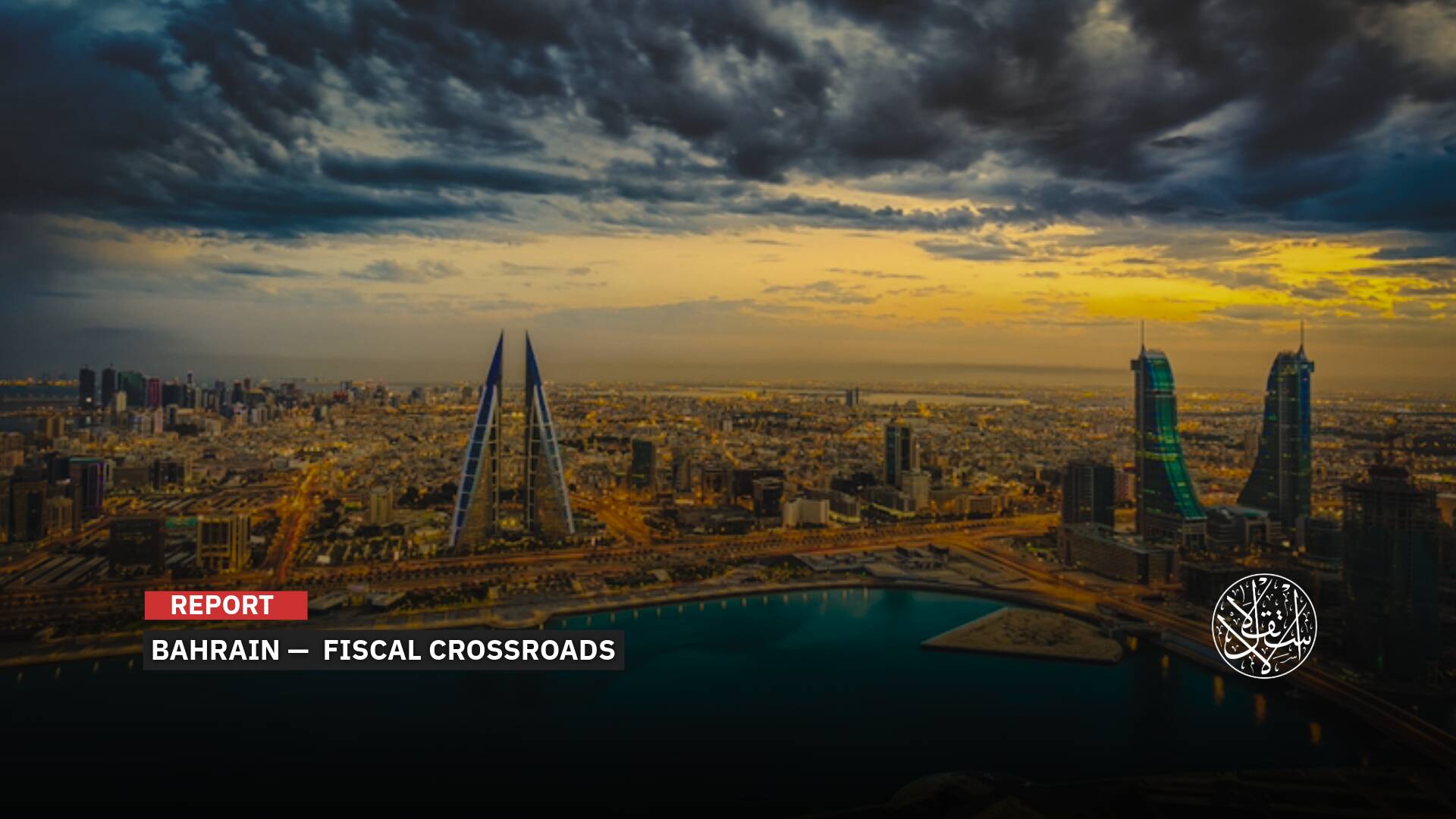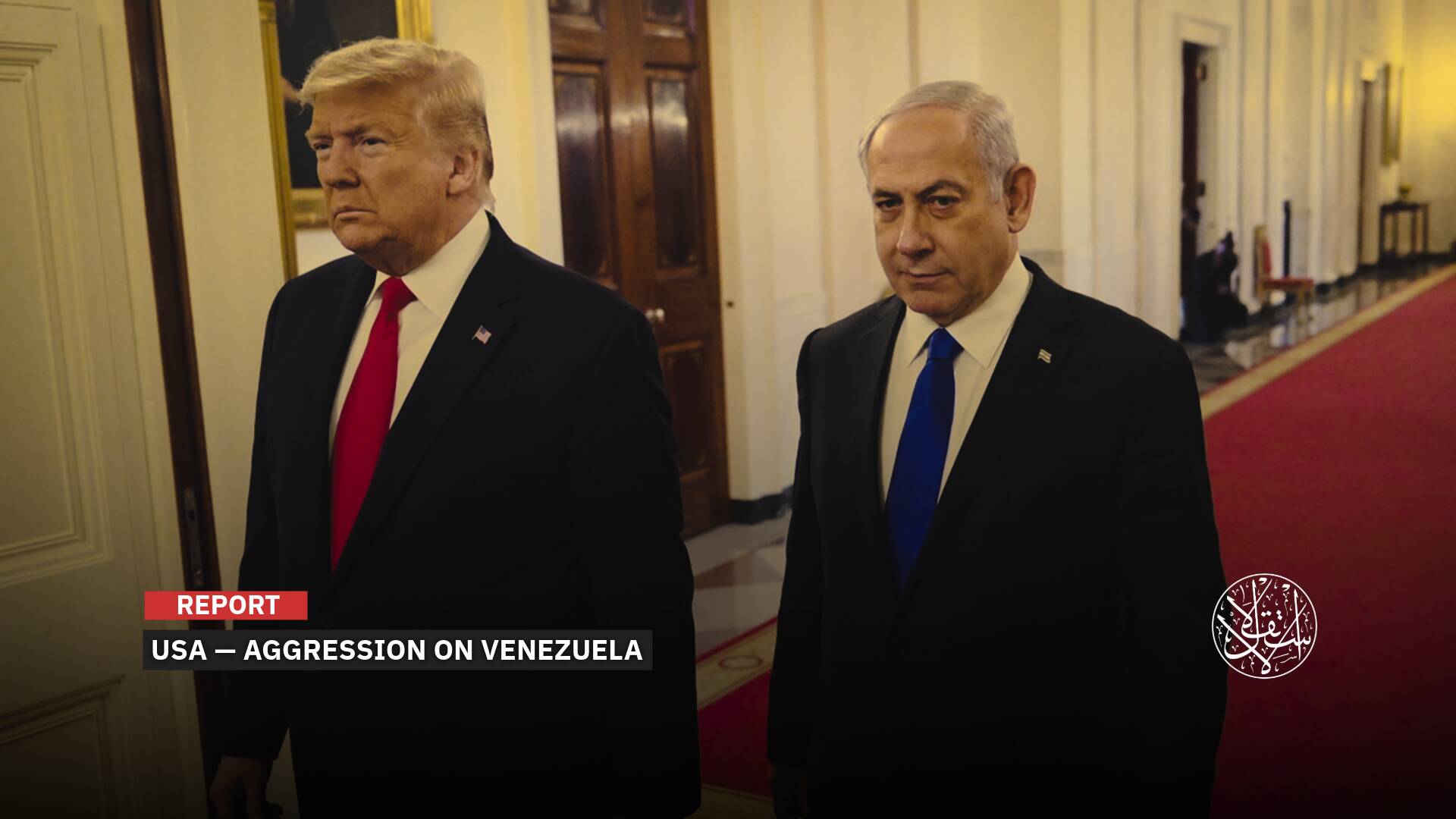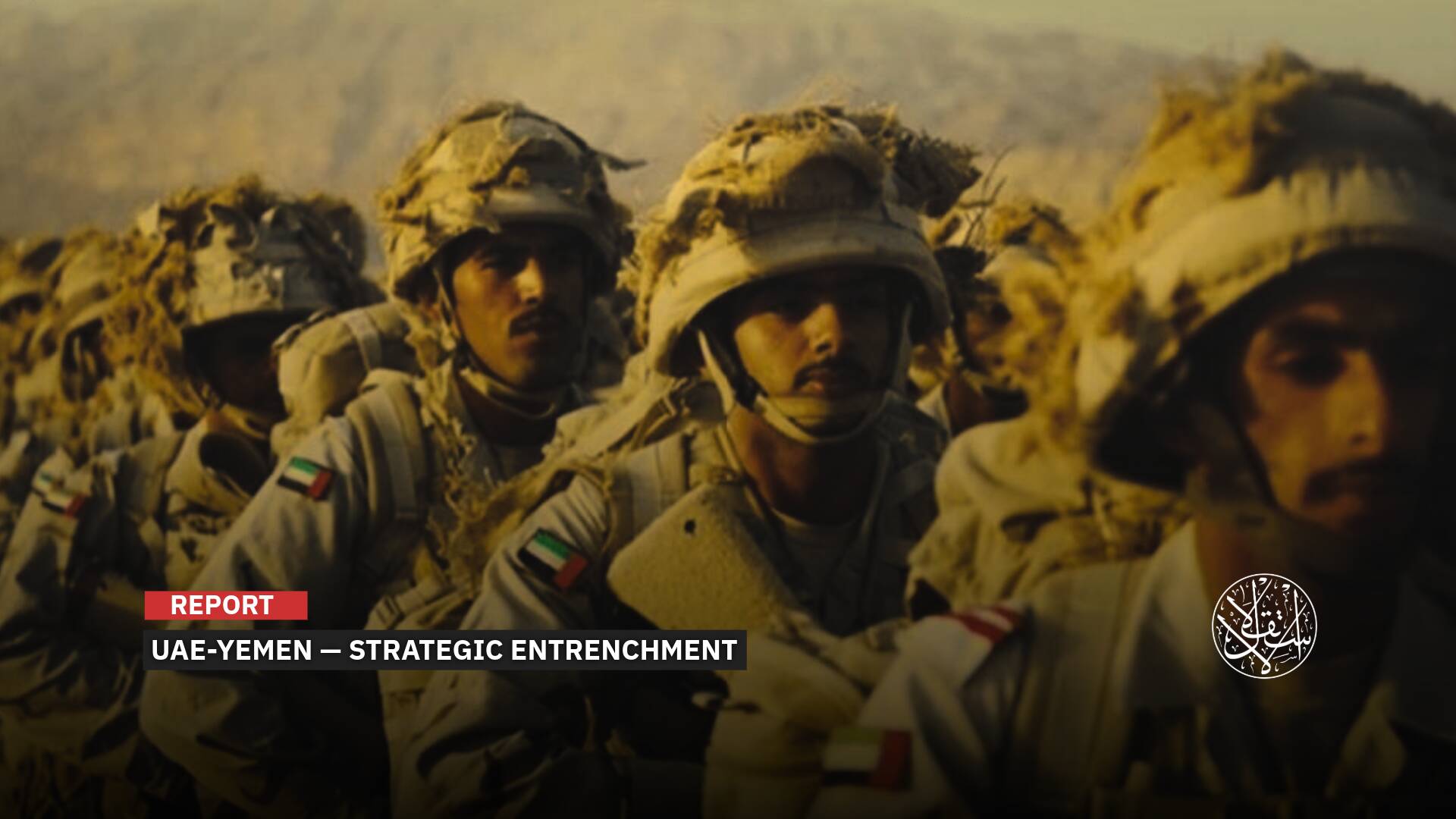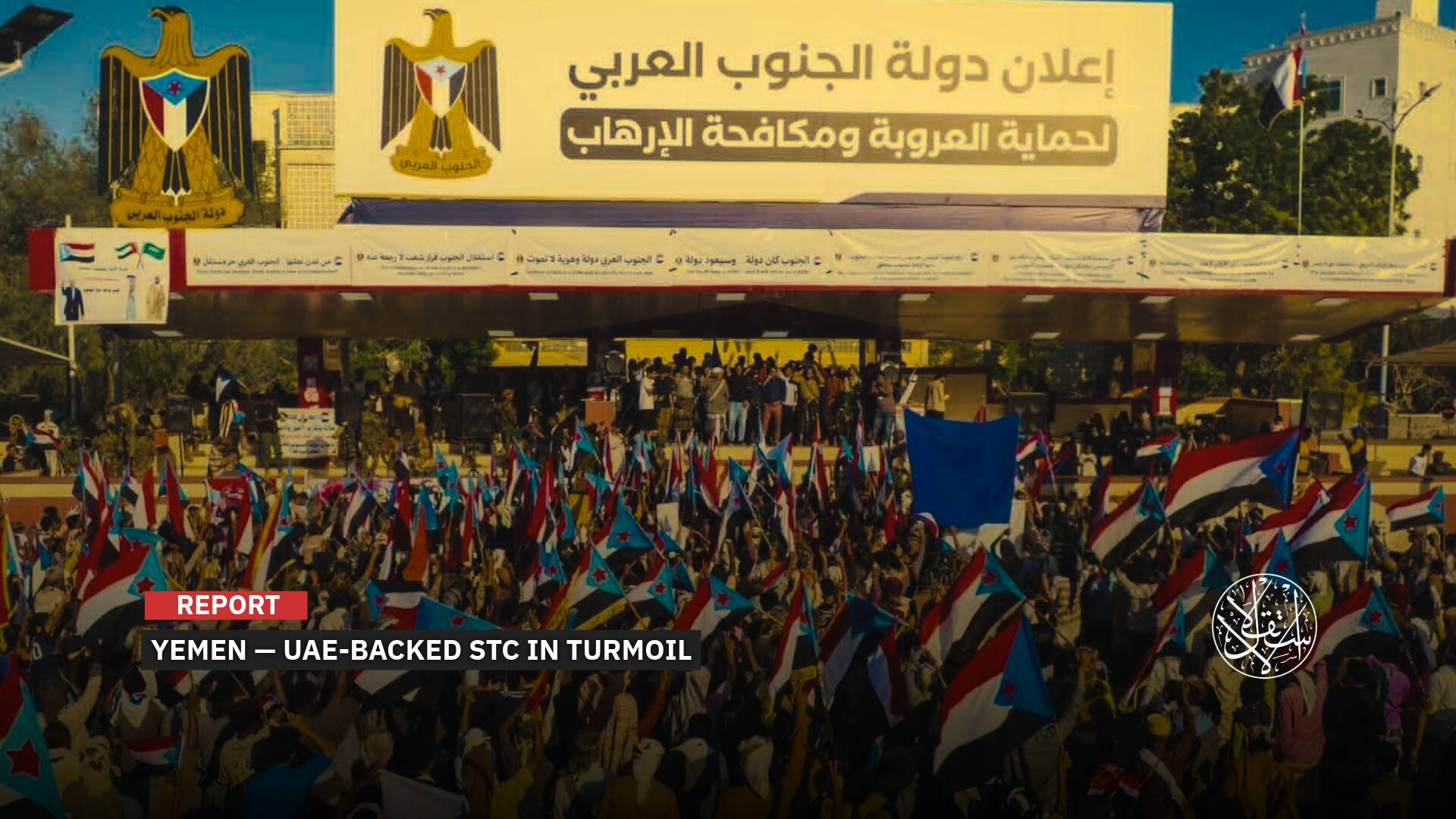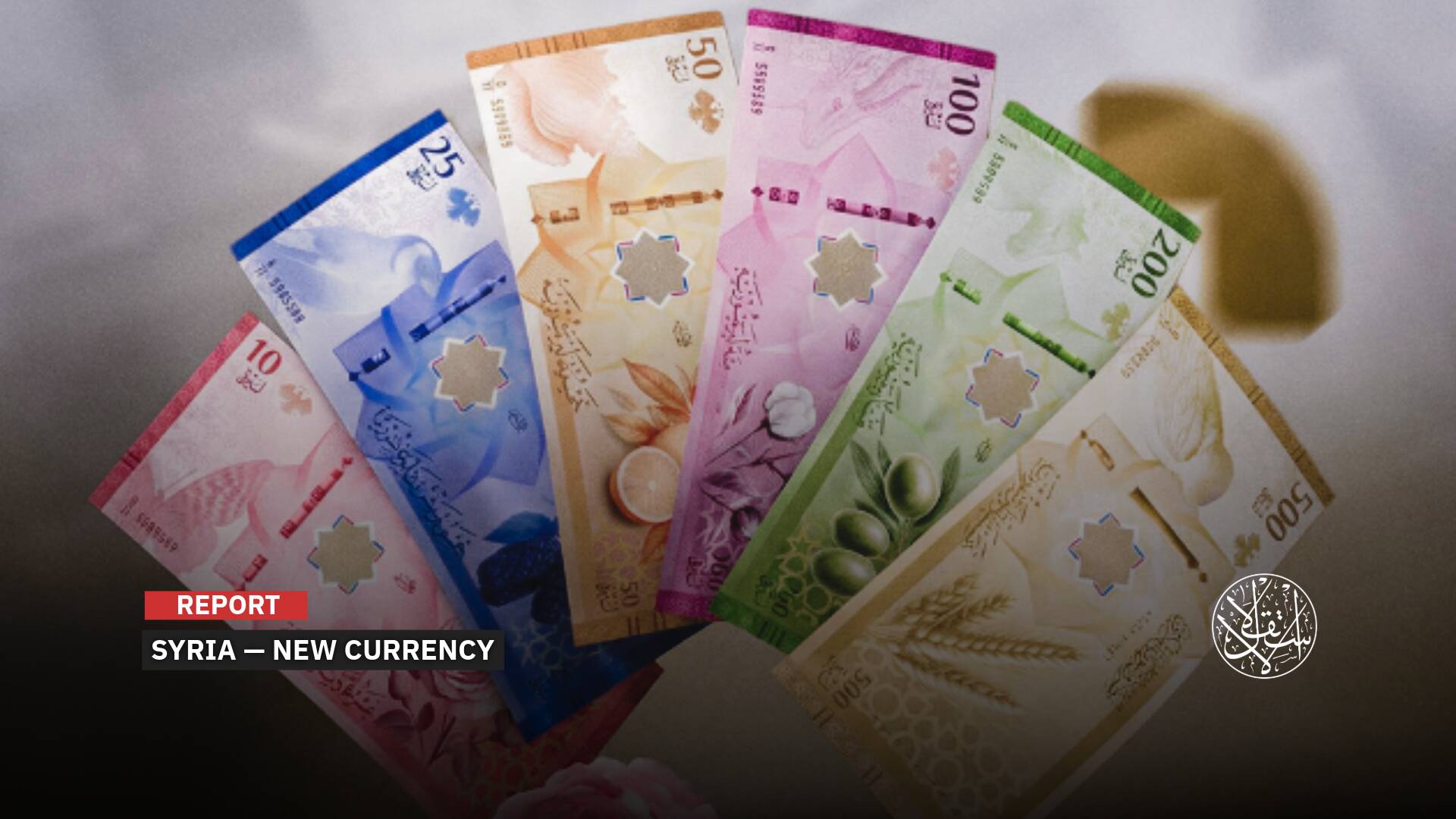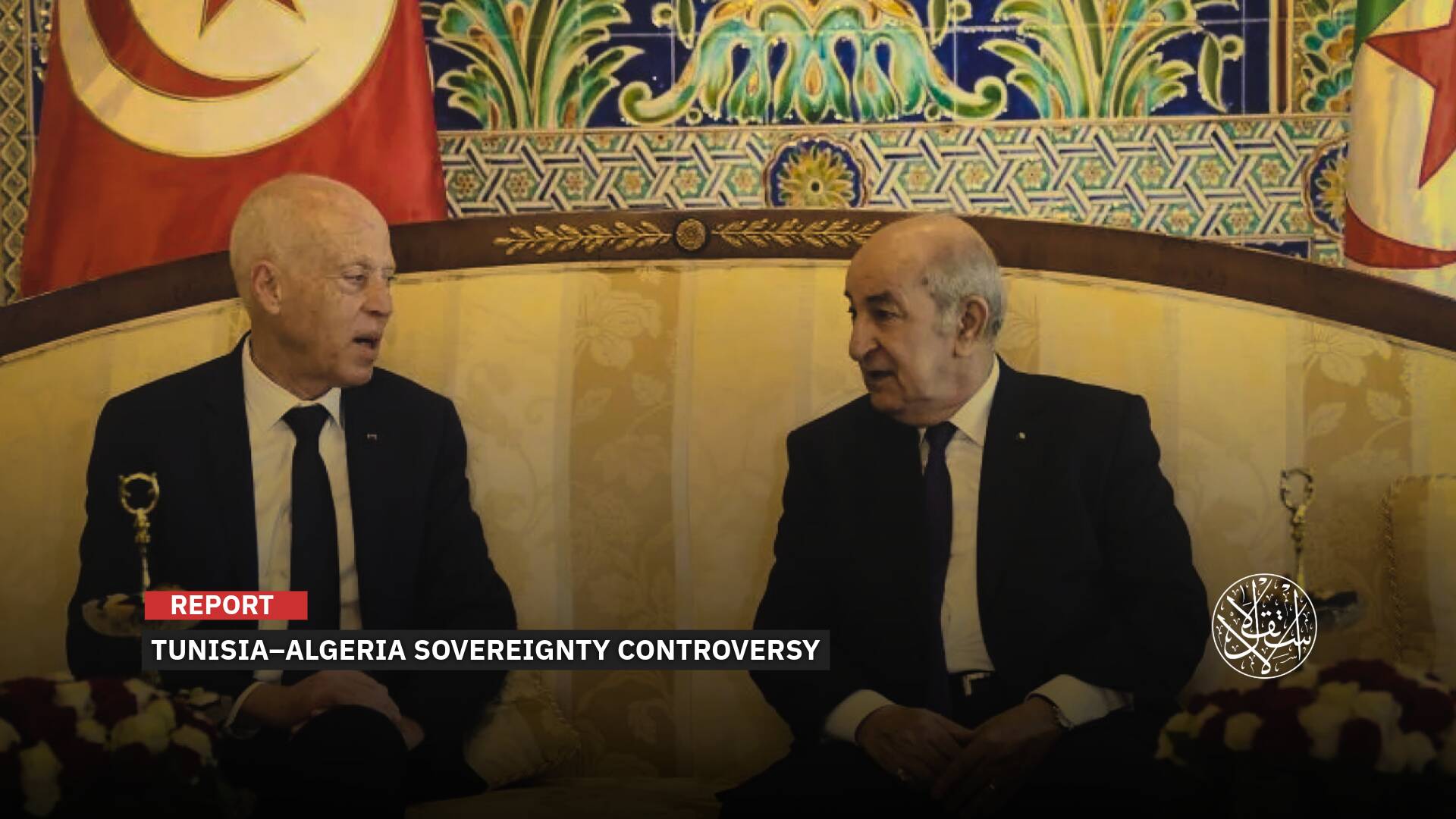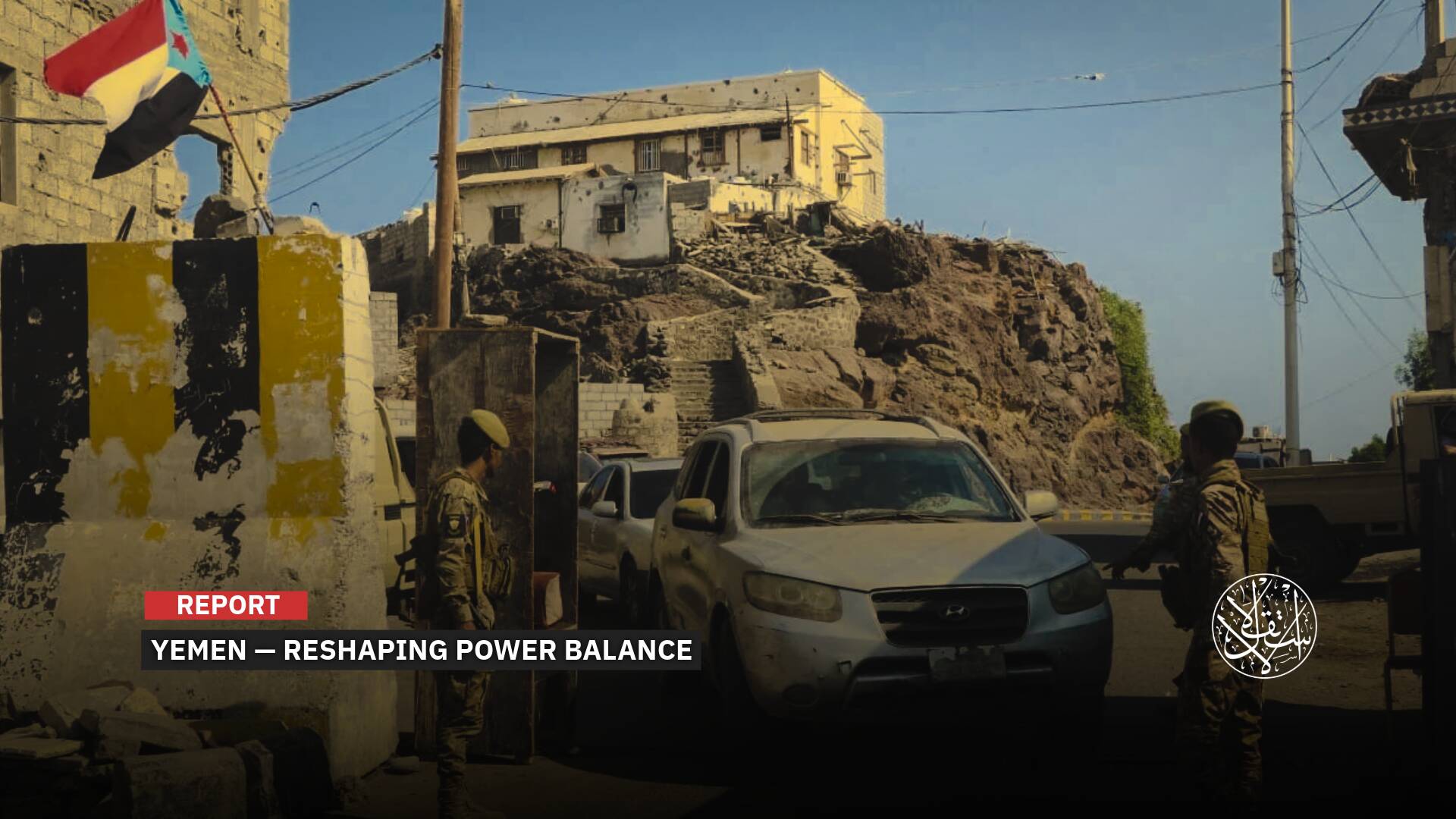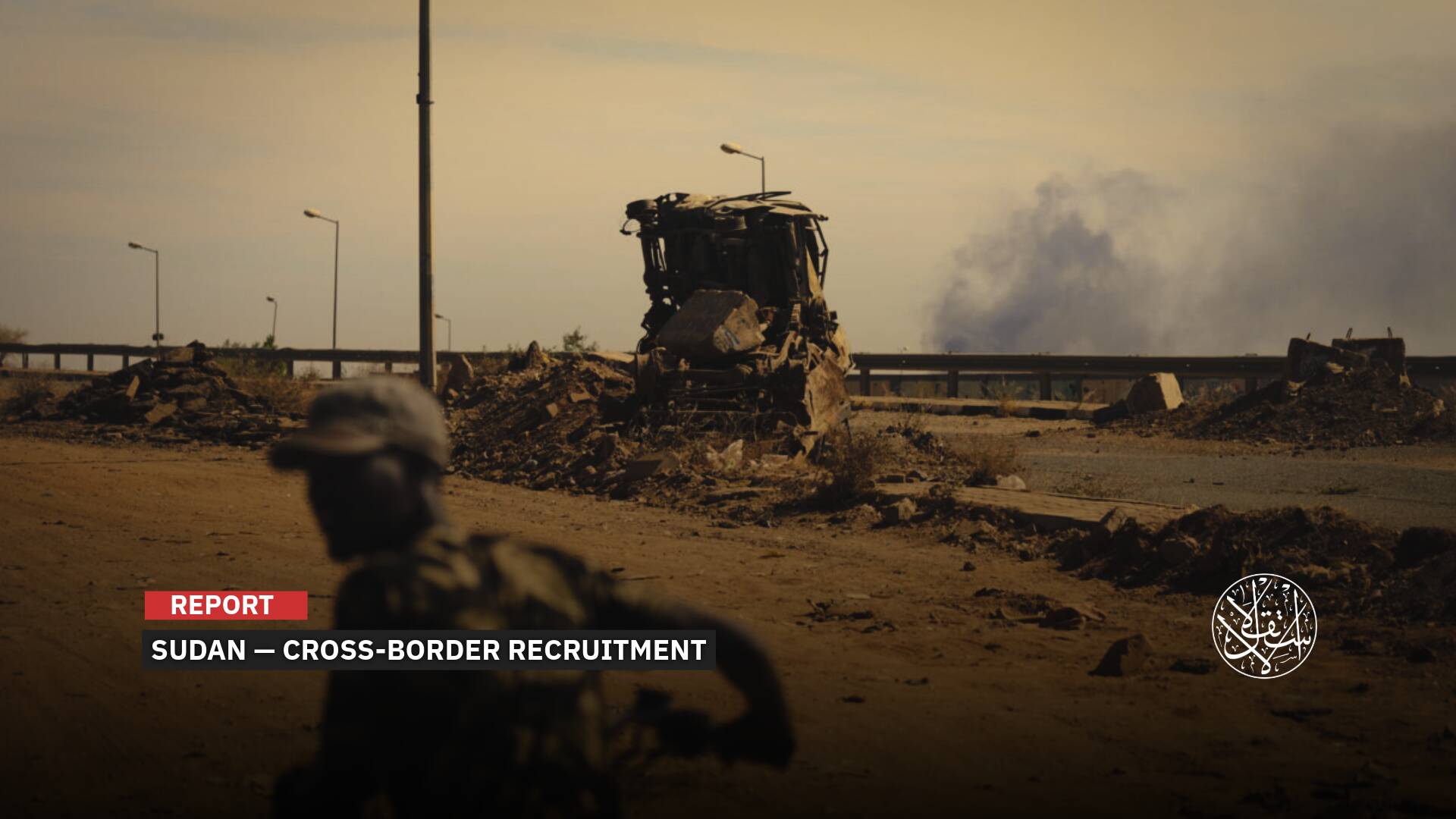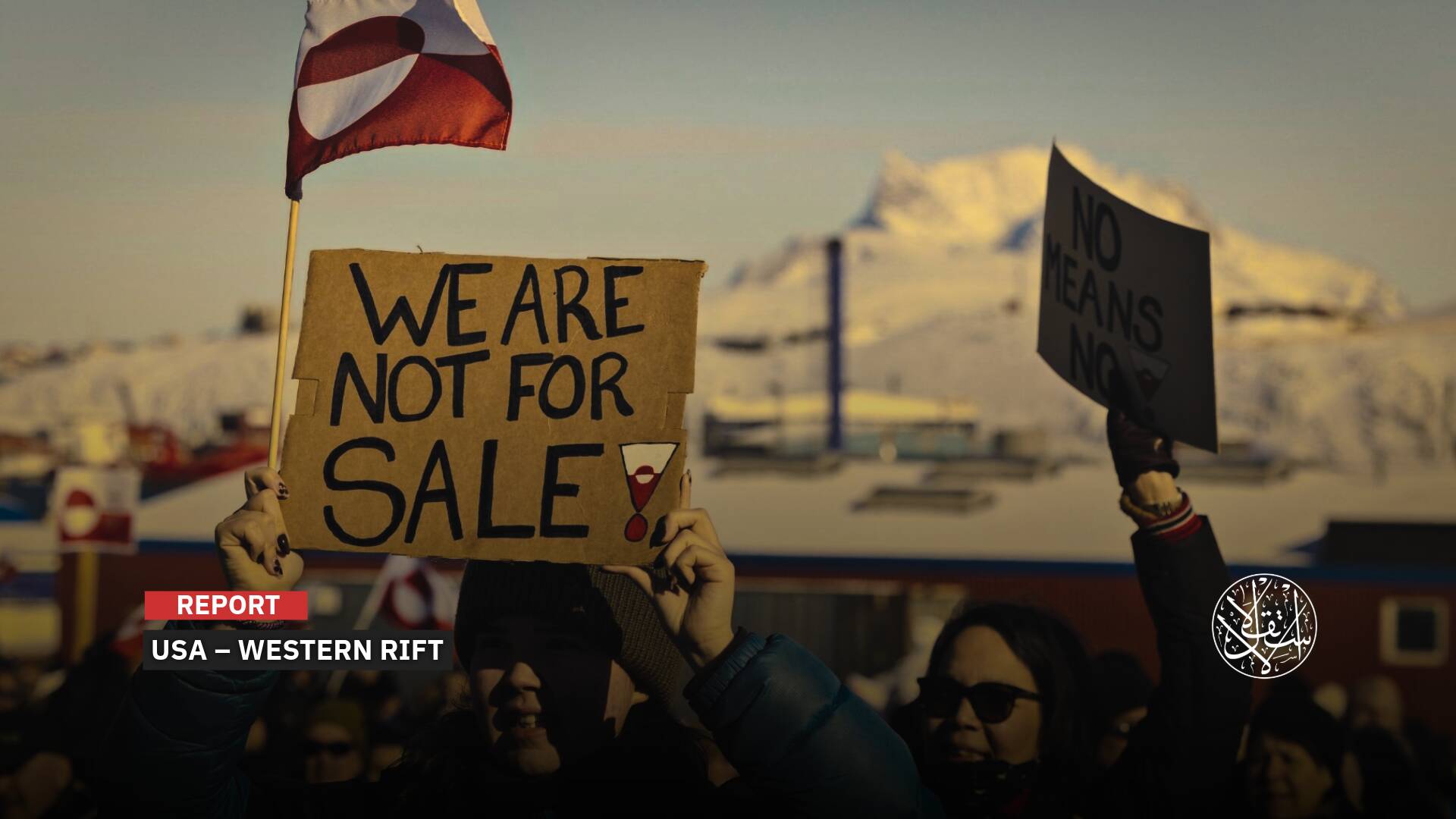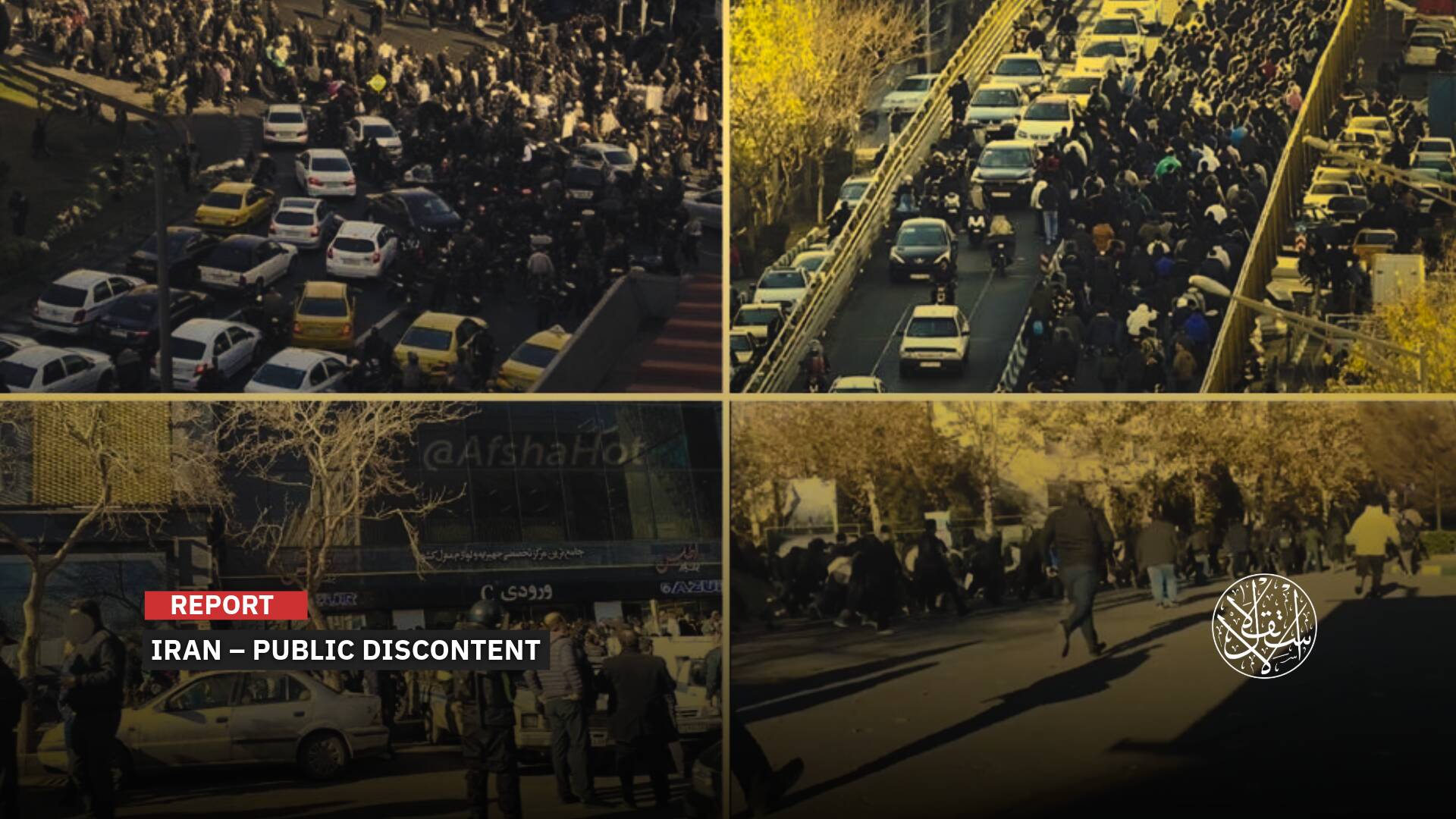Up to $75 Billions, These Are the Reasons for the Growth of the Parallel Economy in Algeria

The informal economy in Algeria penetrates significantly, which leads to the erosion of growth rates and the inability to know the true size of the economy.
This leads to calculating the values of economic indicators by an amount less than their actual value, which makes the task difficult for decision makers.
The parallel economy also plays a negative role in the state budget. In fact, the state does not benefit from the non-collection of taxes on its activities.
Thus, it does not contribute to state revenues, at a time when the budget deficit for 2021 is expected to reach about $22.6 billion, due to the increase in public expenditures over total revenues.
On September 29, 2021, Algerian President Abdelmadjid Tebboune estimated the size of the parallel economy in the country (outside the official financial system) at about 10 trillion dinars, equivalent to $75 billion.
Tebboune pointed out that "no one denies the existence of huge funds circulating in the parallel market, although there are no official figures and no authority so far has accurate statistics."
For years, experts and observers have estimated the size of the parallel economy in Algeria between 40 and 60 billion dollars.
Previous attempts during the era of former President Abdelaziz Bouteflika (1999-2019) failed to contain the mass of funds circulating in the parallel market. As in 2016, the Algerian government launched treasury bonds that only managed to attract $5 billion.
Reasons for the Parallel Economy’s Expansion
The reasons for the expansion of the parallel economy in Algeria are due to a number of factors, most notably the administrative obstacles and the inappropriate investment climate in light of the spread of corruption within the country.
Algeria ranked 104th in the Global Transparency Index for 2020, which contributes to the deterioration of the economic situation easily.
https://s3.eu-west-3.amazonaws.com/alestiklal/gallery/old_site/img/common/275661-241085290.jpeg
In addition, the high volume of customs duties, which led to the evasion of their payment, the high levels of taxes and the instability of the collection laws.
Recently, customs duties on imported food prices increased by more than 100 percent, in conjunction with a significant decline in consumption in light of weak purchasing power.
This prompted the Algerian president, on October 4, 2021, to demand that his government reduce taxes on gross income.
The evasion of small and medium enterprises from paying taxes also contributed to the expansion of the parallel economy.
The National Office of Statistics (ONS) indicated in a study that small enterprises (less than 10 workers) do not comply with accounting rules of all kinds.
At the end of the study, the Court concludes that the private sector is the main driver of the parallel economy in its various forms, regardless of the size of the economic institution.
The dropout from the educational system has also resulted in a high rate of child labor under 16 years of age.
This fed the parallel economy's needs of human resources and modest salaries, according to the Algerian League for the Defense of Human Rights.
This latest development also contributed to the expansion of the parallel economy without any obstacles.
In turn, the Algerian economist, Farid bin Yahya, believes that tax evasion is one of the most important reasons for the expansion of the parallel economy, especially with the lack of digitization of the tax registry, the absence of clear laws for investors and the instability of taxes.
Ibn Yahya told Al-Estiklal that the manipulation of the private sector and the complicity of some tax officials also contribute to this, pointing out that there are private companies that manipulate their books of accounts to be classified as a loss-making or limited-profit company, and thus pay taxes that are not equal to their real rate of profits.
He pointed out that there are also corrupt funds obtained by some senior officials, ministers and general managers as bribes in order to pass projects operating in the parallel economy.
As well as money laundering in relation to drug and arms trade and smuggling of goods across borders and others, which are also included in the parallel market.
Failed to Attract
With the increase in this expansion in the parallel economy, the state has worked to absorb the funds of this market through several attempts. The latest of which was the introduction of new Islamic banking tools with the aim of investing during the year 2020, which is an evasion that has not succeeded so far.
This evasion comes after talking about Algerians’ fears of usurious transactions that push them to hoard their money outside local banks, which prompted the government to activate the tools of Islamic banks and pay with new tools that started working on August 13, 2020.

For his part, Ibn Yahya believes that the failure of Islamic banks in Algeria stems from the fact that the Algerians are not convinced of them, and that the banks did not market these Islamic tools well.
He pointed out that the total reliance on Islamic banking to attract parallel economy funds is not correct, especially since the maximum amount that it can bring inside banks ranges between 15 to 20 percent, and therefore 80 percent remains outside the banking sector, "so the state must search for other tools."
This was not the first time that the government failed, as government efforts since 2014 have failed to market Islamic banking products and remain confined to limited transactions.
In 2017, the government announced the inclusion of Islamic banking in 6 government banks, but the process was not translated on the ground for reasons that were not disclosed.
In light of the failure of banking tools, the financial market in Algeria remains limited, at a time when Algeria is suffering from a double crisis that hit it during the year 2020, which caused a violent shock to the local economy.
This double crisis was represented by the domestic and international repercussions of the Coronavirus, in addition to the collapse of oil prices.
This means that in light of the expansion of the parallel economy and the lack of banking activity inside the country, the local sources of financing will not be a strong support if the state wants to finance its needs through borrowing.
However, the Algerian president said during his speech on the occasion of the inauguration of the members of the Economic and Social Council on September 29, 2021, "We will not resort to external borrowing, and if necessary, we will move towards internal borrowing" without additional details.
Ibn Yahya commented that the government has resorted to unconventional financing to meet its needs by printing money at between 5000 and 6000 billion Algerian dinars (1 dollar = 137 Algerian dinars), whether it is cash or checks to pay money to major Algerian companies.
He pointed out that local banks in Algeria cannot finance major projects, in addition to the fact that the state's limited ability to control the parallel economy now will not enable it to collect its financing needs, noting that only the public treasury will remain for the state.
Possible Solutions
For his part, the economist, Moqaddam Abirat, said that local banks will not be able to finance the government, noting that Algeria may resort, during the next two years, to compulsory internal borrowing by deducting the wages of workers and some companies.
Abirat added, to Al-Estiklal, that if economic data remains the same two years from now without diversifying economic activity and advancing development outside the hydrocarbon sector, it is certain that Algeria will resort to external debt.
On October 4, 2021, the International Monetary Fund expected Algeria's economy to grow by 3 percent this year, after a sharp contraction of 4.9 percent in 2020, with the partial recovery of the repercussions of the Corona pandemic and the return of oil prices to high levels.
In October, the price of a barrel finally reached about $70 in general, reaching $80 a barrel.
However, the revenues of the parallel economy remain one of the financing channels that must be evaluated in order to integrate them into the official economy, in order for the Algerian economy to come out of the crisis it is suffering from. Which may eventually lead to external borrowing from lending agencies such as the Bank and the International Monetary Fund.
There are many solutions to attract parallel economy funds, such as converting daily financial transactions from being traditional to using bank cards in commercial centers and others, and issuing a new currency for the Algerian dinar.
Experts also believe that the state should reduce corporate tax rates and customs taxes in order to motivate local investors working in the parallel economy to integrate into the official economy, in addition to attracting foreign investors.
This reduces unemployment rates, raises productivity and pushes the economic wheel, according to a study published by the Journal of Financial, Accounting and Administrative Studies in 2016 under the title “The Parallel Economy in Algeria: Size, Causes and Effects.”
Many also believe that the state should also support small and medium-sized companies, and announce tax exemptions for their counterparts operating in the parallel market in order to encourage a large number of them to integrate into the official market without fears of collecting taxes retroactively, which ensures the turnout of many of these unregistered companies.
The President talked about $90 billion worth of the parallel economy and that this amount should be brought in and pumped into the official economy.
I believe that this amount can be recovered by liberalizing the currency and by a digital and modern tax system, as well as tightening the penalties for tax evasion and false declaration.


